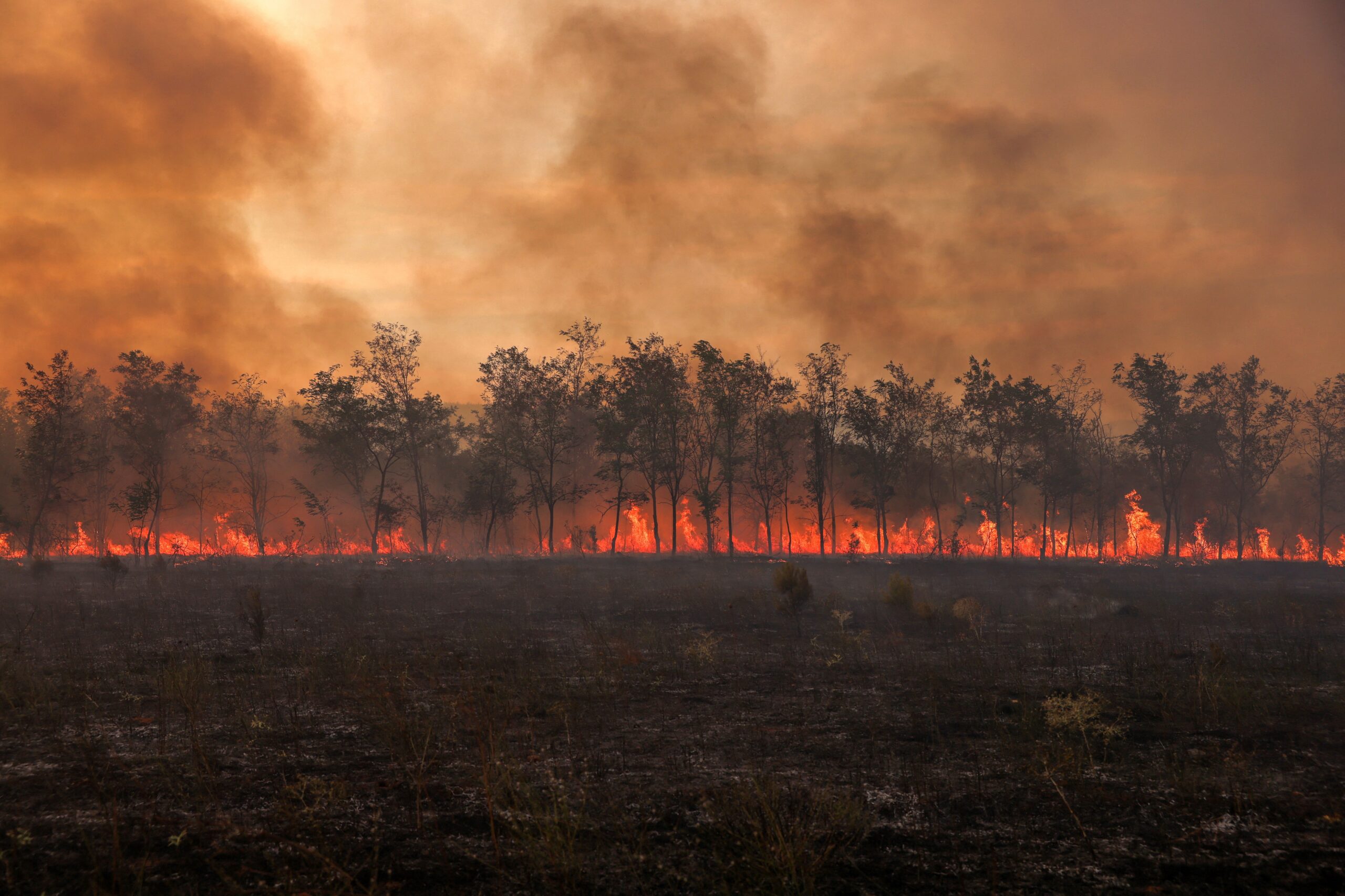The year 2023 saw its fair share of disastrous events.
In 2023, the world experienced a notable surge in both the occurrence and severity of natural disasters, ranging from the Turkey-Syria earthquake to flooding in South Africa and wildfires in Algeria. This year was characterized by a series of impactful events, including devastating earthquakes, floods, wildfires, and cyclones, leading to widespread destruction, displacement, and loss of life on a global scale.
Disheartened by mounting disasters and lackluster responses, renowned climate scientist James Hansen casts a bleak shadow on humanity's capacity to tackle its own climate crisis. He believes this year will be remembered as the turning point, the moment when our failures became tragically unmistakable.
"When our children and grandchildren look back at the history of human-made climate change, this year and next will be seen as the turning point at which the futility of governments in dealing with climate change was finally exposed," Mr Hansen told The Guardian.
"Not only did governments fail to stem global warming, the rate of global warming actually accelerated."
Following the scorching July of 2023, likely the hottest in 120,000 years, Mr Hansen issued a stark warning: the world is on track for a "new climate frontier," with temperatures exceeding any recorded in the past million years.
Mr Hansen, now director of the climate program at Columbia University's Earth Institute in New York, said the best hope was for a generational shift of leadership.
"The bright side of this clear dichotomy is that young people may realise that they must take charge of their future. The turbulent status of today's politics may provide opportunity," he said.
The Guardian reported that other experts also expressed dismay over the vast divide between scientific warnings and political action. Despite nearly 30 years of recognizing fossil fuels as the culprit, the recent UN Cop28 summit ended with a vague call for a transition, despite mounting evidence of dangerous global warming.






Leave a Reply